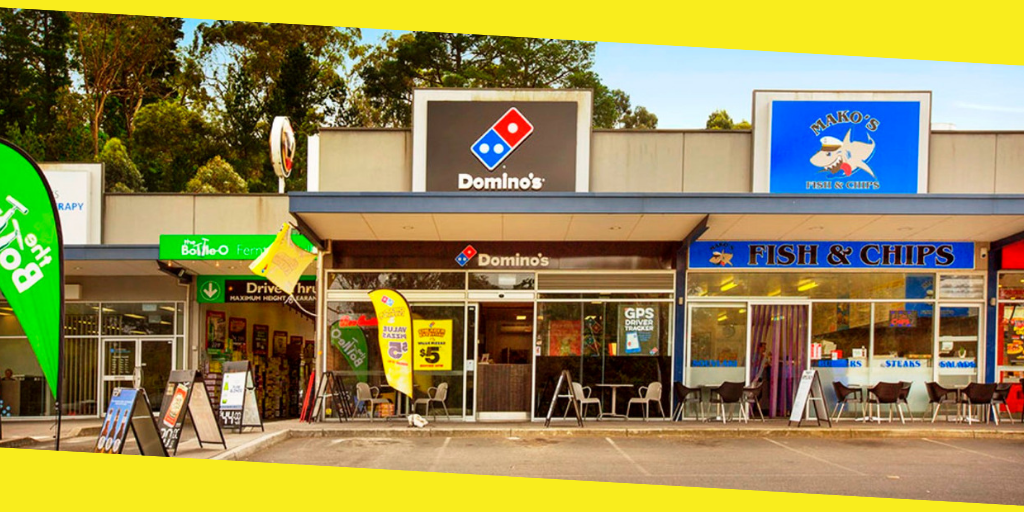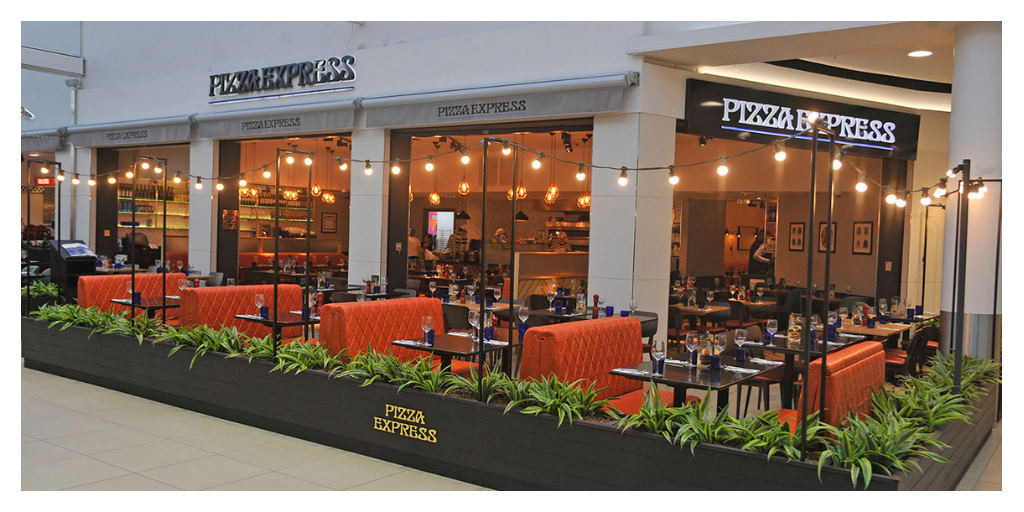Investing in Pizza Franchise: What To Consider Before Spending The Money

If you’re looking forward to invest in a business, you may want to give serious consideration to a pizza franchise. Pizza has always been a very popular food choice, and the market for this simply continues to grow. With a pizza franchise, you’ve captured several markets already: families, health enthusiasts, teenagers, and students, as well as vegetarians.
Here are the things that you should take into account before you invest your money in a pizza franchise.
Contents
Toggle1. Evaluate your resources and your business style.
Check yourself first — your strengths and weaknesses, your priorities, and time commitments. A franchise isn’t a plug-and-play business. You’d have to devote all of your time to your business during the early stages of setting up a pizza franchise.
Also, you’d have to be prepared to abide by the strict guidelines and regulations of the franchisor. Some entrepreneurs want a certain level of freedom in setting up and running their businesses, which you can’t expect when you’re starting a franchise. You have to maintain the standards of the franchising brand, and you may not have the flexibility found in independent businesses. Determining early on what type of entrepreneur you are will help you decide if the pizza franchise business is for you.
Most food business owners would have to be deeply hands-on in operations. From managing the kitchen, to accounting or cleaning the tables at closing, the owners would have to be heavily-involved in running the place. This may be enjoyable for some owners, but be sure that you’re prepared for your franchise to occupy most of your daily life, especially in the early stages.
2. Determine your total investment cost.
For most newcomers to the franchising industry, the only monetary figures they’re overly concerned with are the franchising fees and equipment costs. Although these costs do constitute most of the upfront expenses, you also have to consider that more expenses will come up at least for the first year. Always have a spare capital set aside for the first six months, in order to cover additional expenses during setup and adjustments.
Moreover, as with most new businesses, profits may not be generated immediately upon opening. You should prepare finances to cover your living expenses for the first year of operation. To know more about your possible expenses, request for a cost analysis at franchiseknowhow.com.
3. Be fully aware of all operational expenses.
Aside from the capital costs, you should also study the expected operating costs for the franchise. Be prepared for the following regular expenses in running a pizza franchise:
- Employee salaries
- Rent
- Insurances
- Consumables
- Marketing expenses

4. Study the available financing options.
Ask for the financing options that you can qualify for. Banks offer commercial leases or other loans that are open to franchisees. The popular option would be to offer their homes as security for the loan. Other franchisors also offer flexible staggered franchising fees and equipment costs. So, check the financing packages that you may avail of before you finalize investing in a pizza franchise.
5. Get to know the franchising company.
Do an in-depth study of the history and reliability of the franchising company. Franchisors are required to provide you with copies of their audited financial statements. By studying these, you may have an idea of how strong and stable the franchisor is.
In addition to the steadily increasing profit figures, be on the lookout for fluctuating cash flows. Be sure that the company still has enough capital to support and train new franchisees.
6. Read the entire franchise disclosure document (FDD).
As required by law, the FDD contains all necessary information about the franchise. This includes all rules and regulations, costs, and steps to take for various scenarios. The FDD is a long document which may seem intimidating at first. However, this will give you the best idea on what the franchise is all about.
It would contain items such as procedures for opening day, marketing decisions and costs, operational costs, steps to take in case of franchisor bankruptcy, and other specifications about the pizza franchise.
7. Interview current franchisees.
Just like with any major purchase, you should seek out feedback from previous clients. In your case, these previous clients would be other franchisees. Ask how they are doing, how they’re being supported by the franchisor, and how their normal operations go. Ask them about the challenges they encountered, and how they solved these problems.
Get as much information as you can on the setup, operation, and dealings with the franchising company. Some franchising agents may hard-sell you into getting the deal by flaunting all the good points of dealing with their brand. However, you can only get the real deal from the franchisees themselves. Collecting more first-hand reviews or feedback is likewise important for you to make good decisions in setting up your own pizza franchise.
Conclusion
After studying all documents and talking with current franchisees, look into the franchise’s internal working culture. Some experts actually advise prospective franchisees to work for a few months as an employee in one franchise branch. Doing so will give you a first-hand experience of the company’s corporate culture, standards, and regulations. Moreover, this will give you an idea of how to manage your own employees in the future. Following the aforementioned guidelines will help you when you’re finally ready to invest in your own pizza franchise.
Recommended For You
All About Excavator Mounted Drill
Most Inside
Most Inside offers high-quality recommendations and valuable updates to enhance all aspects of your life, providing premium guidance and enriching experiences.




